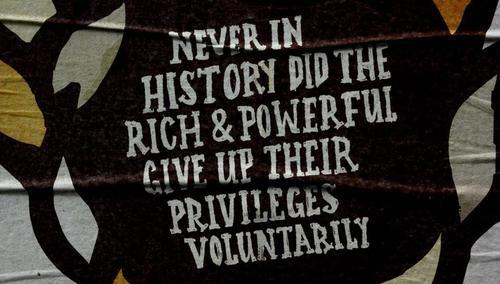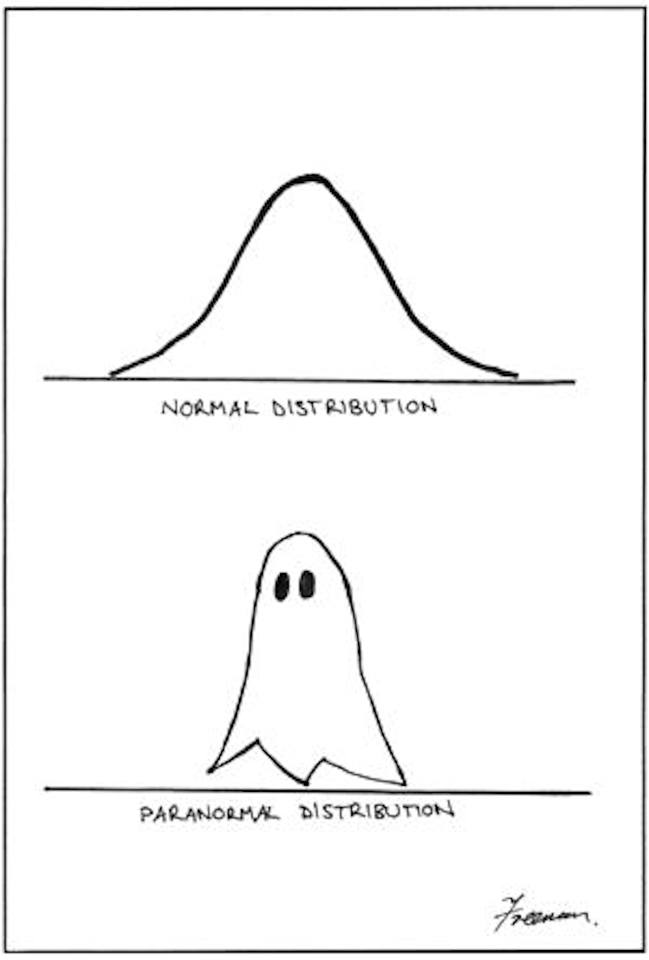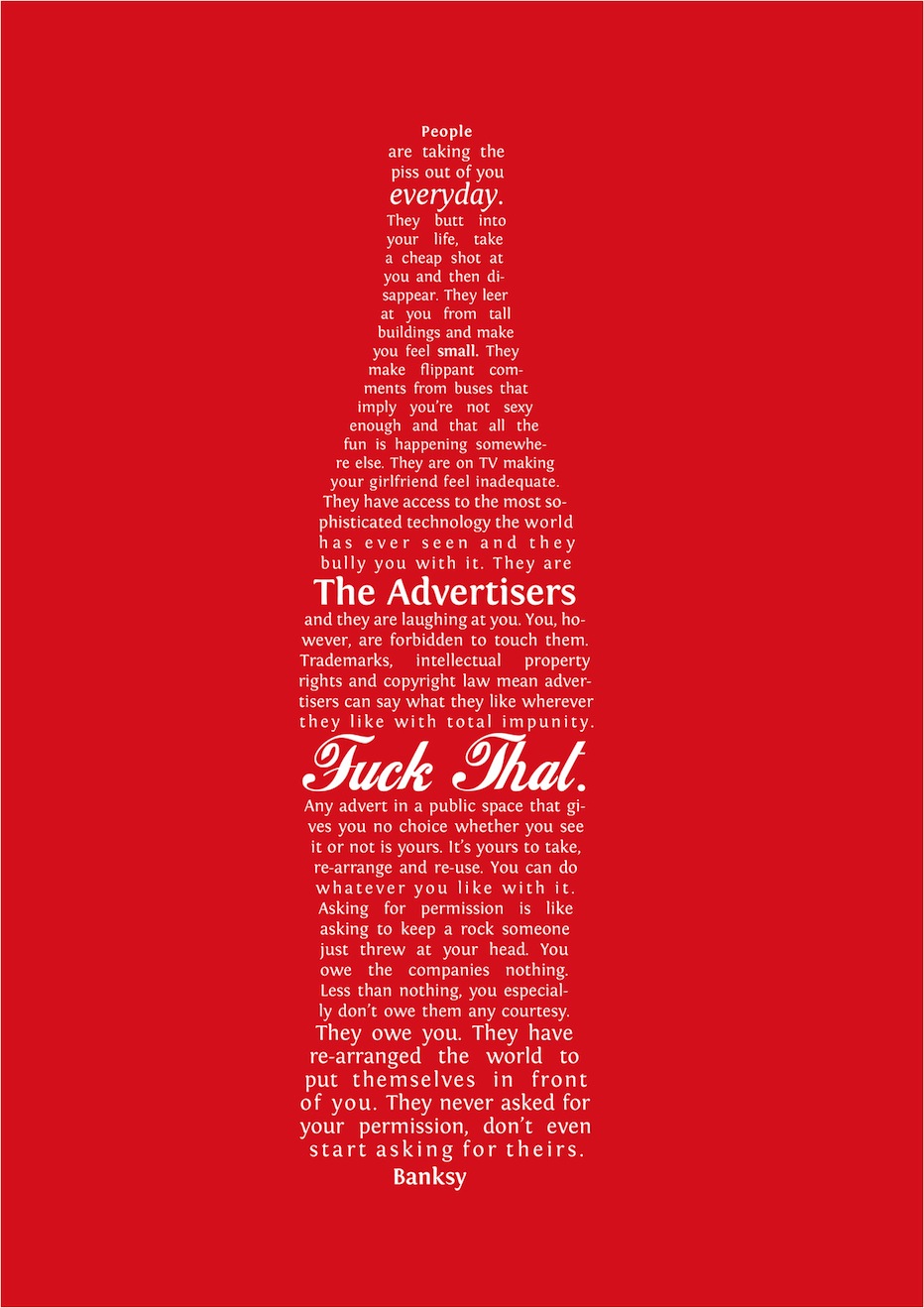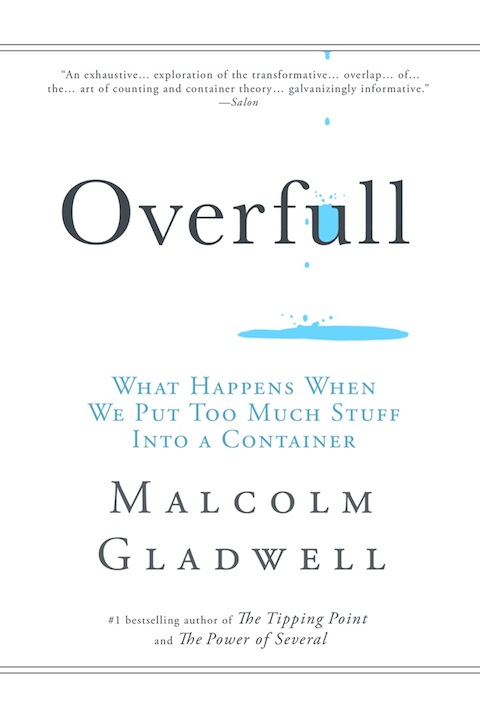(image from the cover of ando perez’ book; artist unknown)
Ronell says, ‘In Hamlet readiness is all’ and ‘All of Hamlet happened in the ear.’ A few weeks later, Žižek came to Ronell’s class and said that Hamlet is about the way the beginning of ethics is trying to decide something and decision always involves indecision and procrastination. How an act always comes both too early and too late, so there is never really a ‘right’ moment for an act. One begins with the wrong moment because it is always the wrong moment.
A few days ago, Elaine sent me a quote by John Berger: ‘In the minute that’s still left we have to do everything.’
– from Love Dog by Masha Tupitsyn
Just about everything we might want to do, now, to deal with the onset of collapse of our civilization, is both too early and too late. Too early, because not enough people in any local community are yet sufficiently aware of what is happening and what we can do to prepare for it, to make any action much more than a lab experiment. Too late, because our die was cast ten thousand years ago when our distant ancestors set in motion the Sixth Great Extinction, and our more recent ancestors doubled down with an addiction to cheap oil and cheap debt and cheap labour and the religion of perpetual growth and limitless innovation, a really bad bet in hindsight that sealed our still-young civilization’s fate as one of quick and dramatic demise well before this century’s end. Too early for community to be obviously necessary for our future survival. Far too late for top-down solutions and inventions, which have only and always made the situation worse.
There are, to be sure, many articulate and detailed prescriptions for our civilization’s salvation, and our own. The Peer/Gift/Sharing Economy that those like Charles Eisenstein and David Korten and Silke Helfrich write and speak about are exciting and brilliantly conceived, but as my friend Seb Paquet says, the real problem is how to get there. Our unsustainable economy is not a ‘problem’ at all, of course, because it has no solution — it’s a predicament, one we will have to learn to live and cope with as it crumbles further, rather than hope to change. The economy we dream of may well emerge, after collapse when our numbers are much smaller and it makes much more sense to everyone left. But not before. It is both too late and too early.
So how do we begin, now, in the “wrong moment”, “to do everything”? Rob Hopkins of the Transition Initiative, who once told us to plan now for descent, now says just do stuff. I suppose, as long as it doesn’t make things worse, that’s one possible strategy. Complexity theorist Dave Snowden would say Probe-Sense-Respond, as if we were feeling around inside a black box. No harm in that either, I guess, and better than pretending we can analyze, understand, control and change everything. Derrick Jensen says We need it all, and perhaps he’d be right, if it weren’t too early and too late. TS Eliot would have us wait, go by the way of ignorance and dispossession and “through the way in which you are not”.
And these days, I am inclined to give the last word to the poets, since they’re generally the humblest and most articulate of social critics. So for now I am, if not content to wait, at least disposed to wait. At least until it’s not too late, and not too early, if I ever see that day. For now you’ll find me playing with the wild creatures and children, or trying to learn something new, or just silently, in beautiful places, trying to relearn to be myself, to just be. Or you’ll find me here, keeping this little diary of civilization’s collapse, not so I can say “I told you so” but so I can say, to no one in particular, I was here when it was too early, and too late.
__________________
PREPARING FOR CIVILIZATION’S COLLAPSE

photo and quote posted online; original source unknown
How Many People Can Live Sustainably on Earth?: This scientist’s answer is about ten million. I can see post-collapse human populations stabilizing at that level for a few millennia. Thanks to Paul Chefurka for the link.
All My Friends Are Dead: The new DSM, and the ‘profession’ of psychiatry in general, have now made so many completely rational and healthy anxieties and responses to civilization’s violence and dysfunction into ‘disorders’ treatable with powerful mood-altering medications, that it’s pretty clear that Civilization is the Disease, and the answer is not to treat us for it, it’s to combat the source of the Disease. Thanks to Monika Hardy for the link.
Cynicism, for Better and Worse: An interesting essay from Charles Eisenstein on the value of facing the pain that underlies our completely rational cynicism. Thanks to Tim Bennett for the link.
On the Unraveling of Scripts: Venkat Rao explains how our culture’s narrative follows emergent, agreed-upon ‘scripts’ that drive what we believe, how we think, and what we talk about, and how, when those scripts lose credibility (e.g. the ‘growth is good and necessary’ script; the ‘we live in an honest and functioning democracy’ script) because of overwhelming evidence of their falsehood, they unravel, leaving society in a paralyzed, anxious state and in search of a new script and narrative to believe in. A complex, difficult and fascinating analysis of how collective change really occurs. Thanks to Seb Paquet for the link.
__________________
LIVING BETTER
an imagined book, by Sean Tejaratchi
The Five Factors of Continuing Poverty: An insightful article by Phil Bartle summarizes why the cycle of poverty is so hard to escape: ignorance of services and options available, debilitating chronic physical and emotional illness, apathy stemming from sense of powerless or blame-the-victim religious and political beliefs, corruption and theft of funds intended for the poor, and the cycle of dependency on charity. It’s these complex, interconnected factors we need to deal with, more than the poverty itself. Thanks to Seb Paquet for the link.
Guerrilla Urbanism: An interested video about activists in Oak Cliff, Texas, tells how to get media attention for your urban transformation project by pretending you have a plan, and supporters, and then acting generously and courageously in accordance. In other words, just start boldly. Thanks to Kim Kasasian for the link.
Talking With Your Fear: Havi Brooks takes on the “fight and overcome your fears” self-help crowd by suggesting a more respectful strategy: Talking with it. Excerpt:
Your fear is a part of you… You created it for a reason. It’s useful to find out what that is. To protect you from stuff that is dangerous and bad for you. That’s a very legitimate reason. Right now this protection mechanism isn’t working. Because this fear is paralyzing you instead of protecting you. It’s not working because your fear — aka your desire to keep yourself safe — is preventing you from moving forward on the things you truly want to do… The only way to get the fear to dissolve is to interact with it. Just like you, it wants to be noticed and cared for. Your fear needs to know that you are taking steps to keep yourself safe. So give it some reassurance.
Think of it this way. Your fear … has a mission or a quest or whatever to keep you safe from failure and humiliation and things going horribly, horribly wrong. So it keeps you from working on the thing you want to do. It shows up again and again, with worry and doubt and what-iffery. A misguided strategy, yes. But well-intended… If you want your fear to stop scaring you silly, you’re going to need to reassure it that its mission has not been in vain. In fact, you can tell your fear that you’re going to release it from its quest and take over the mission of looking out for your own well-being. Talking to your fear is a great way to achieve distance from it. When you’re talking to your fear, it isn’t you anymore. It’s just a temporary part of you… This distance, paradoxically, allows you to befriend it. Befriending it, paradoxically, allows it to become something else… Is it scary to talk to your fear? To even acknowledge its shadowy presence in the room? Absolutely. I’m sorry. Hug. [She goes on to list her own fears]
50 Life Hacks to Simplify Your World: Use stuff hanging around the house to make your life easier. Thanks to Natasha Chart for the link.
Silhouette Man Explains Education: A cartoon infographic explains why the Nordic countries’ free education policy makes so much more sense than the oppressive-student-debt policies of the US. Thanks to Tree for the link.
The Radicalization of Canada’s First Nations: Clayton Thomas-Muller explains how the First Nations movement against the Tar Sands, and against injustice, has become more sophisticated. Thanks to Jeff Aitken for the link.
Determining What Grows Best Where You Live: Online maps now pinpoint soil types and growing conditions everywhere in the UK. We need something similar in North America.
__________________
POLITICS AND ECONOMICS AS USUAL
cartoon by clay bennett
poster from Generation Alpha
How the US (and Canada) Manufacture Terrorism by Setting Up Dumb Disgruntled Citizens: In order to justify their existence and the billions spent on “anti-terrorism” security, security agencies select the most gullible citizens and set up elaborate sting operations, providing these dopes with means, method, supplies and opportunity to turn their unhappiness into “terrorism” before arresting them and claiming the police actions “prevented” terrorism. The perfect scam. We are all threats now.
Boycott TED: Yes, they make some some cute and entertaining videos, but the ends don’t justify the means. Read about TED’s SC (“Scientific Correctness) censorship, and the cult-like slickness and compulsory positivity that all TED talks must adhere to, and then join me and Charles Eisenstein and just tune out. There are much better, more balanced and credible sources of information out there than TED-tuned dogma. Umair Haque sums it up brilliantly:
Let me be clear: once again, this isn’t just about TED — but the ideas industry, and how, ironically, it oft seems hell-bent on turning each and every human on planet Earth into either a breathless “pundit” or a zombified “consumer”. But we are better — each and every one of us — than that. We are pilgrims on a hard journey; searching for the timeless, simple truths of lives well-lived. The pundits shout to our caravans from the bazaars, touting their potions and tonics. But it is only Great Ideas, waystones shimmering faintly in the distance, which have pointed and will point generations of voyagers before us and after us, that will guide us towards the waters of life itself. That is why they matter.
“TED thinking” is shorthand for the ideas industry’s obsessive, infantilizing, and creepily weird fixation with “innovation”, with “growth”, with “change”, with “value”, “utility”, and “marketability.” It is the epiphany industry. But epiphany should never be an industry. Why? Not just because such a casual approach to human thought reduces and simplifies, stripping and emptying us. But because it promises to spoil the timeless beauty of The Real Thing: The very idea of Great Ideas. The notion that ideas are worthy not merely because they “solve our problems” — but because they challenge us with problems to which our lives are the truest answers.

cartoon by Nick Anderson in Houston Chronicle

globalization cartoon posted online; original source not cited [EDIT: cartoonist is apparently Tony Biddle]
The Tyranny of Positive Thinking: Related to the above, Kathy McMahon summarizes Barbara Ehrenreich’s new book Bright-Sided, about the growing intolerance of balanced, critical thinking in Western culture, and the cult of unthinking optimism that pervades, and is enforced, in business and in our day-to-day lives — and how it’s used to perpetrate the status quo and suppress dissent. Thanks to Liz McLellan for the link.
Canada’s Trudeau “Liberals” Show Their Right-Wing Stripes: The “charismatic” new leader of the Liberal Party has led his party to support the ghastly Trans Pacific Partnership and, now, a US-style detention-without-charge and Grand Jury dissent-suppression law, hand-in-hand with the arch-Conservative government. Please, please don’t get taken in by Canada’s new right-wing “Liberal” party. Support this guy instead. Also in Canada, the government coverup of the diseased farmed salmon scandal continues with mass layoffs of ocean scientists (thanks to Eric Lilius for the link), and have made it criminal to wear a mask in a protest demonstration (10 years in prison).
Ag-Gag: In both the US and Canada, photographing or videoing cruelty to farmed animals is now criminalized, while factory farms are indemnified from animal cruelty laws, and the EPA turns a blind eye to their massive pollution. First, they came for the animals…
You Are Being Watched: Especially if you are an environmentalist, energy or animal rights activist, or social justice campaigner. And not just by government, though they’re watching closely, but mostly by the corporations that own the politicians, to make sure you can’t do anything that interferes with their profit growth. Not their fault, you understand, their mandate is to maximize profitability, and to change or subvert any laws that interfere with that goal. If you get in their way, they have a privatized prison cell for life, just for you. Thanks to Raffi for the link.
Driving While Black: Star Trek TNG’s LeVar Burton explains how to safely respond to a police pull-over if you’re not white.
Profits Without Production: The US economy now depends on creating ever-increasing profits even without producing anything of value. Instead, you create profits by raising rents (where you have little or no competition), charging for use of ‘intellectual capital’, suing citizens and customers, and other ‘innovative’ means.
The Truth About Fracking: A summary of how Obama’s embracing massive-scale fracking is as much a contributor to catastrophic climate change as the Alberta Tar Sands. And here’s what fracking does to groundwater and our soils.
And the Truth About GMO Corn: Uh, it doesn’t prevent pests as advertised, and as it fails, it requires massive doses of pesticides, far more than the pre-GMO corn ever did.
__________________
FUN AND INSPIRATION

image from I Fucking Love Science
Fighting for the Right to Die: A touching story about an assisted suicide in Switzerland, that shows how all civilized nations should be addressing the right to die.
Breeding the Nutrition Out of Our Food: Remarkable graphics show the rich nutritional value of ancient foods, and the paucity of our sweet, beautiful modern replacements for them.
Men Are From Uranus: Two amusing videos about the differences between the sexes, by Mark Gungor and Jason Headley. Can’t recall who sent me these links, but thanks.
What a Difference a Few Years in Office Makes: Candidate Obama debates President Obama in a clever video mashup. Thanks to Tree for the link.
Three Cheers for Inequality: George Packer describes the perversity of our modern cult of celebrity. And here’s an interesting short video about Americans’ obliviousness to their inequality. And for the young, it’s getting much worse.
__________________
THOUGHTS FOR THE MONTH

quote from Sean Tejaratchi, re-styled by Banksy
From an anonymous poster, via Armel le coz (thanks to Michel Bauwens for the link):
You are the open-source collaborative project of trillions of cells.
[Michael Pollan elaborates on the gastro-intestinal component of this ‘project’, and how we have messed it up — thanks to Tree for the link]
From Peter Gray in Free to Learn, via Bernie De Koven:
‘In play…children bring the realities of their world into a fictional context, where it is safe to confront them, to experience them, and to practice ways of dealing with them. Some people fear that violent play creates violent adults, but in reality the opposite is true. Violence in the adult world leads children, quite properly, to play at violence. How else can they prepare themselves emotionally, intellectually and physically for reality. It is wrong to think that somehow we can reform the world for the future by controlling children’s play and controlling what they learn. If we want to reform the world, we have to reform the world; children will follow suit.’
From Jeff Foster from The Deepest Acceptance, via Tim Bennett:
Nothing and nobody can make me suffer. Suffering is always, always, my own resistance to the Way Things Are Right Now, my own dis-alignment with a perfectly choreographed universe, an innocently imagined separation from my true nature as Consciousness itself. [to which a reader, Amrita Nadi, responded: “When a child is starving, or tortured or raped and killed that is perfectly choreographed? And the only reason they are suffering is ’cause they are out of alignment with this Great Dance Arranger Guy?”]
From Masha Tupitsyn from Love Dog, on The Death of Real Life:
In the documentary America in Primetime everyone happily reports that TV has come a long way from its 1950s origins, which were ‘fake,’ ‘unrealistic,’ and ‘out of touch’ with the way things really are. Every program ended with some tidy conclusion, they say. Some epiphanal or redemptive moment. But today, every obedient, calculating, opportunistic, divisive, fame-hungry, media savvy Reality TV contestant sums up their so-called ‘meaningful’ and ‘life-changing’ experience on TV with: ‘I’ve learned so much and I am so much stronger because of this.’ It didn’t take 50 years for TV to catch up with reality. It took 50 years for Americans to completely lose touch with reality. Before TV was not like real people, but now real people are not like real people. They are like TV. This is a much bigger problem.









Dave, as always, great info and commentary! More to dig into, Thanks! I have updated my daily feed to http://www.collapsereport.info
As always, thank you for these carefully curated monthly reviews. They’re extremely valuable.
Agreed!!!
Pingback: WWIII | Poor Richard's Almanack 2.0
>And the only reason they are suffering is ’cause they are out of alignment with this Great Dance Arranger Guy?”
From Alan Watts book “On the Taboo Against knowing who you are”
You may ask why God sometimes hides in the form of horrible people, or pretends to be people who suffer great disease and pain. Remember, first, that he isn’t really doing this to anyone but himself. Remember, too, that in almost all the stories you enjoy there have to be bad people as well as good people, for the thrill of the tale is to find out how the good people will get the better of the bad.
I know, not a very satisfying answer for the rational mind, but an answer nevertheless.
Pingback: Turn off TED | Collapsing Into Consciousness